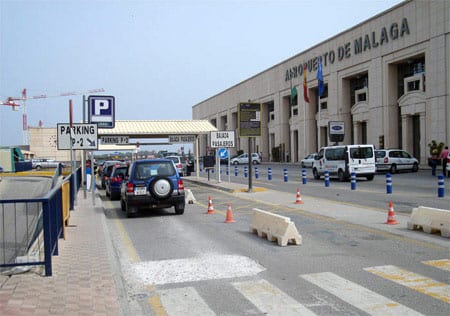
THE EIC, or European Investigative Collaborations network, has recently launched The Malta Files campaign to denounce how the Mediterranean state works as a pirate base for tax avoidance inside the EU.
Over the last three months, EIC network has dug into hundreds of thousands of documents that show that Malta operates a tax system where companies pay the lowest tax on profits in the EU.
Spanish newspaper El Mundo is now after such companies because they think that when carrying out their activities, a very high proportion of them cross the red line separating lawful tax optimization with tax illegal evasion and concealment.
Although moving to Malta for tax reasons is not illegal per se, some companies set up their main offices in the tiny island without having any infrastructure, staff, resources or economic substance to pursue their activities, thereby openly defying business logic and principles: such companies are typically only after hard tax avoidance.

Other companies do go as far as to open lavish offices with real staff and computers, but with a different mission: to approach residents of Spain or with homes in Spain and offer them attractive Spanish inheritance tax avoidance schemes, often through offshore structures involving single life insurance policies and/or trusts where funds are held.
One example: one well-known financial planning company headquartered in Malta is operated by three staff, they hardly have any local clientele. Conversely, it has a staggering 25 employees and four offices in Spain, where most their clients come from.
This company offers what they call ‘Maltese tax sheltered trusts’ to residents of Spain.
The very name ‘tax shelter’ already signals trouble ahead, and trusts are not recognised in Spain. The Spanish Tax Office AEAT, in several tax rulings (October 2008, January 2010 and May 2010), has simplified this discussion by disregarding their existence.
In observance of Spanish laws, the transactions carried out through trusts are made directly between the settlor/s and the beneficiary/ies – even in cases where the trustees had certain discretionary powers to allocate or distribute the assets held by the trusts to the beneficiaries.
Furthermore, life insurance beneficiaries will be subject to Spanish IHT provided they are Spanish tax residents or where not, if the policy was taken out with a foreign company operating in Spain, which is typically the case.











